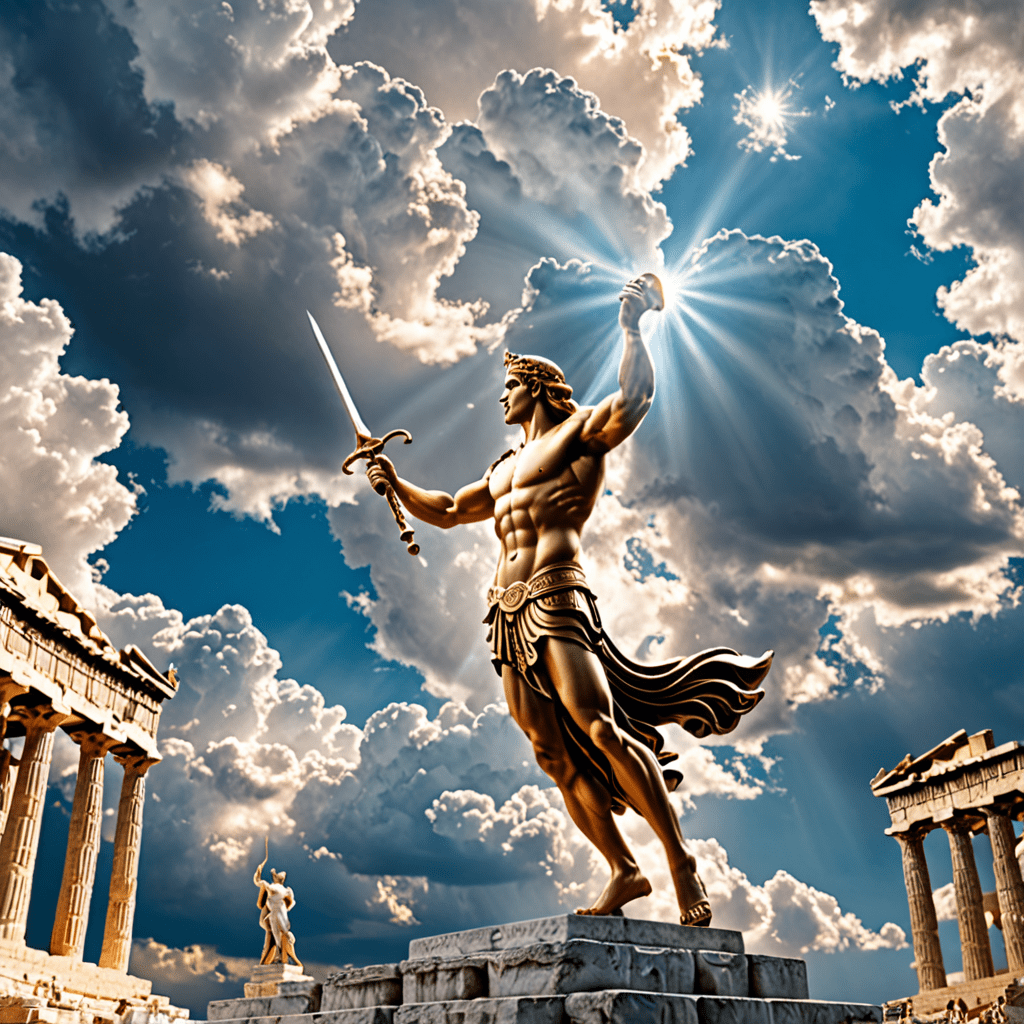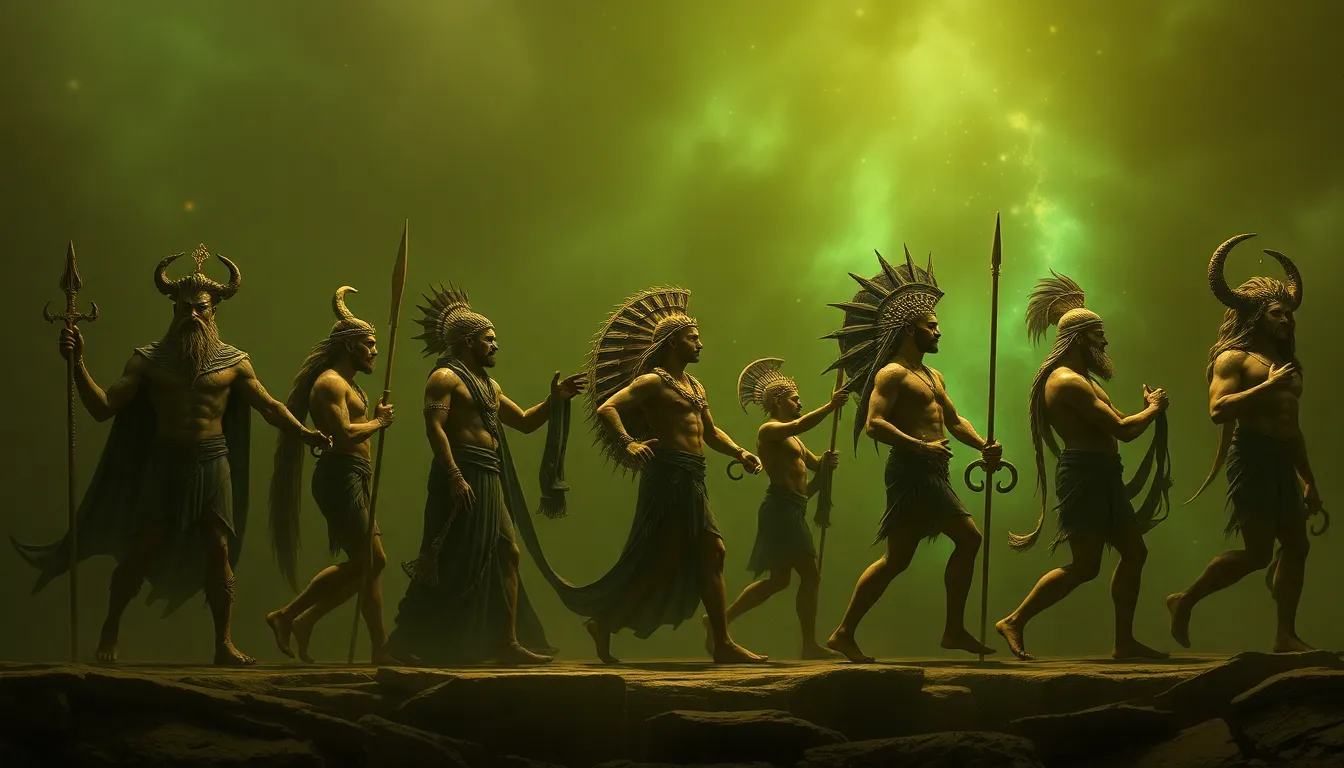The Symbolism of Clouds in Greek Mythology
Clouds hold significant symbolism in Greek mythology, often representing various aspects that are essential to the understanding of the stories and themes depicted in ancient Greek tales.
Symbolism of Clouds across Greek Mythology
In Greek mythology, clouds are commonly associated with the residence of gods, like Mount Olympus, where the gods lived amidst the clouds. They acted as a visual representation of the divine realm, separating the gods from mortal humans.
Representation of Gods and Goddesses
Clouds are closely linked to certain gods and goddesses in Greek mythology, such as Zeus, the king of the gods, who controlled the weather and wielded thunderbolts from the storm clouds. Hera, the queen of the gods, was also intricately tied to the clouds, symbolizing power and majesty.
Portrayal of Emotions and Events
Moreover, clouds were used by the ancient Greeks to symbolize a range of emotions and events. For instance, dark and stormy clouds often signified anger or impending doom in myths, while light and fluffy clouds accompanied moments of joy and serenity, enhancing the storytelling aspect of the myths.
Transformation and Metaphorical Significance
In Greek mythology, clouds also symbolize transformation and change. The ever-shifting forms of clouds mirrored the constant flux present in the lives of gods and mortals alike, highlighting the transient nature of existence and the inevitability of change.
Understanding the symbolism of clouds in Greek mythology adds depth to the narratives and provides insight into the characteristics, motivations, and actions of the gods and goddesses that populate these ancient tales.
FAQ about The Symbolism of Clouds in Greek Mythology
What is the significance of clouds in Greek mythology?
Clouds in Greek mythology often symbolize the presence of divine beings or deities. They are seen as a bridge between the mortal world and the heavens, serving as a means of communication between gods and humans.
Which Greek gods are associated with clouds?
Zeus, the king of the gods, is closely linked to clouds in Greek mythology. He is often depicted wielding thunderbolts amidst stormy clouds. Additionally, Hera, the queen of the gods, is sometimes associated with carrying clouds as a symbol of her power.
What do clouds represent in specific Greek myths?
In some myths, clouds represent mystery, unpredictability, and the unknown. For example, the story of Pandora’s Box involves the opening of a box that releases all evils into the world, with clouds symbolizing the chaos and troubles that ensued.
How do clouds play a role in the stories of Greek heroes?
Clouds often appear in the background of heroic tales, signifying the favor or wrath of the gods. Heroes like Hercules and Perseus encounter challenges amid stormy clouds, highlighting their courage and resilience in overcoming obstacles set by the divine forces.
Are there any specific rituals or beliefs related to clouds in ancient Greece?
In ancient Greece




